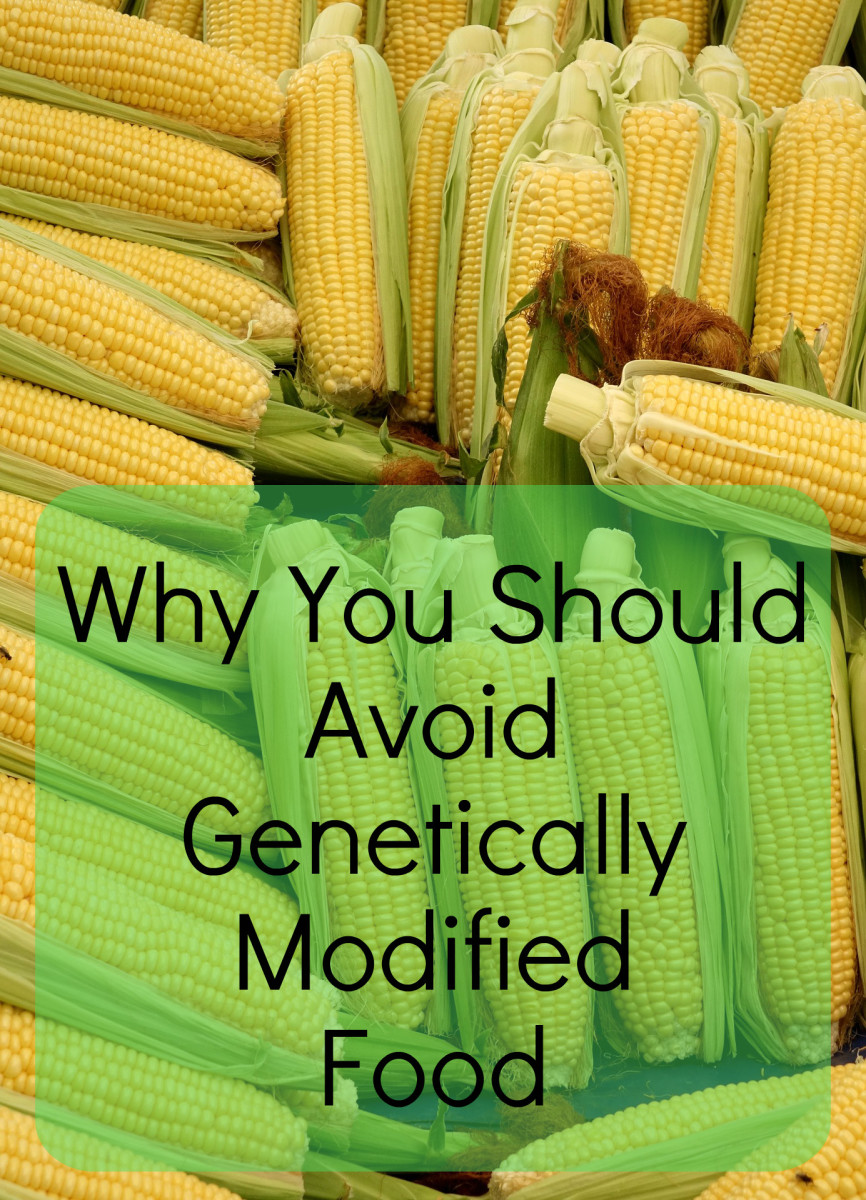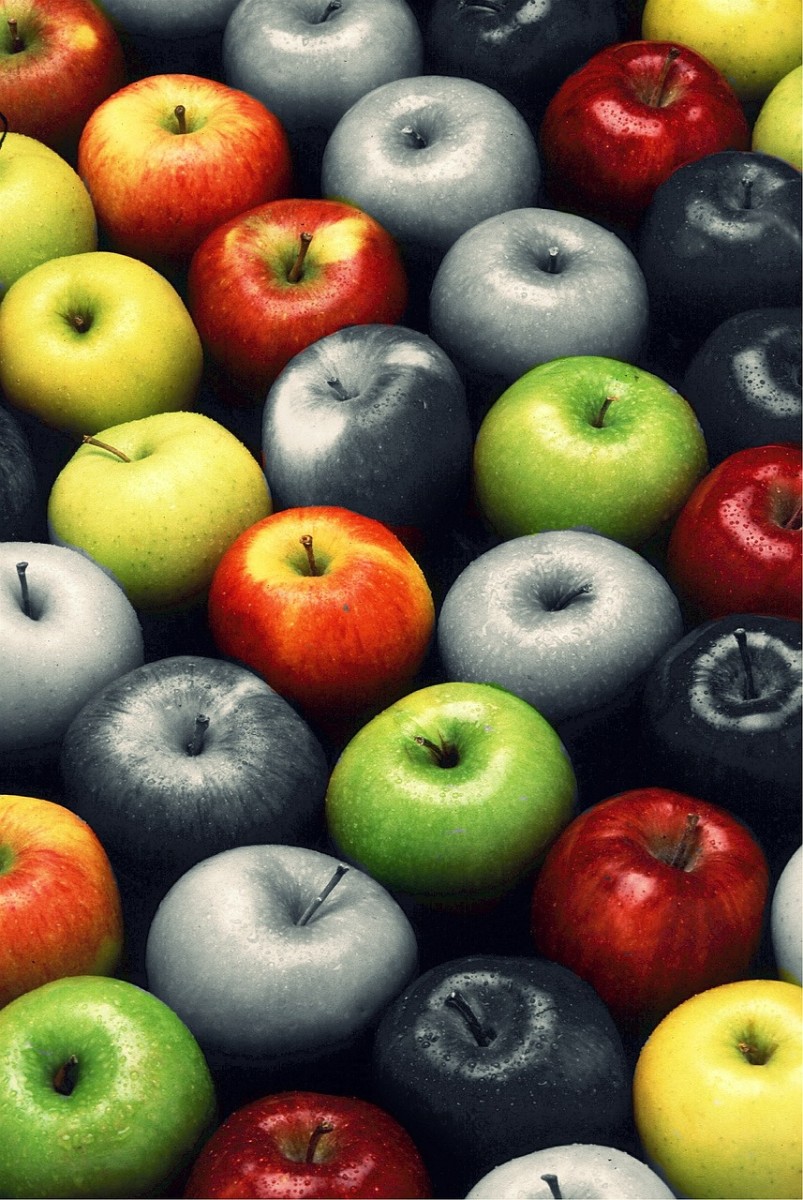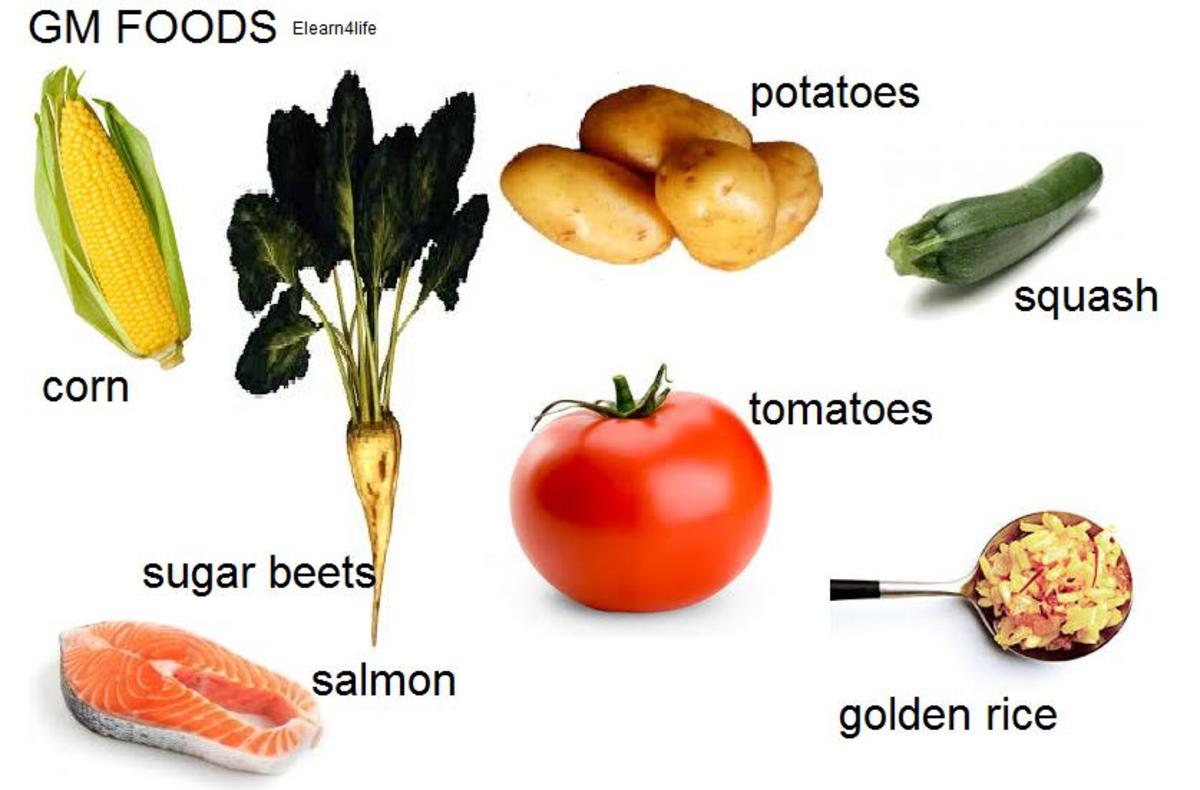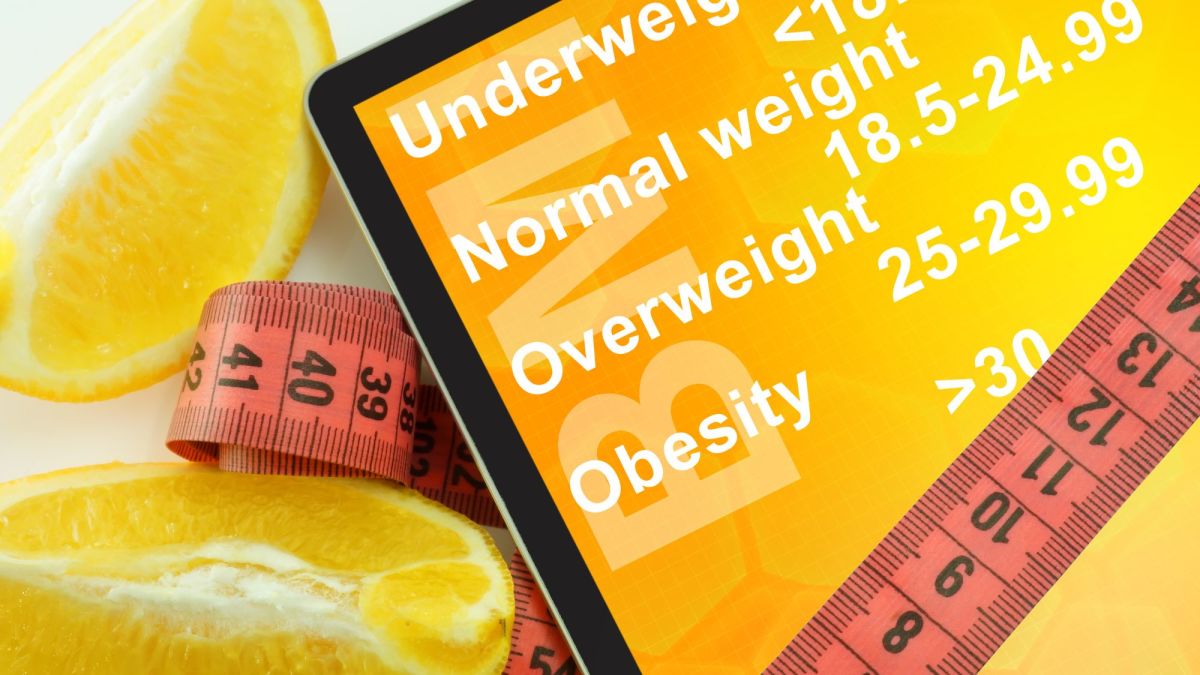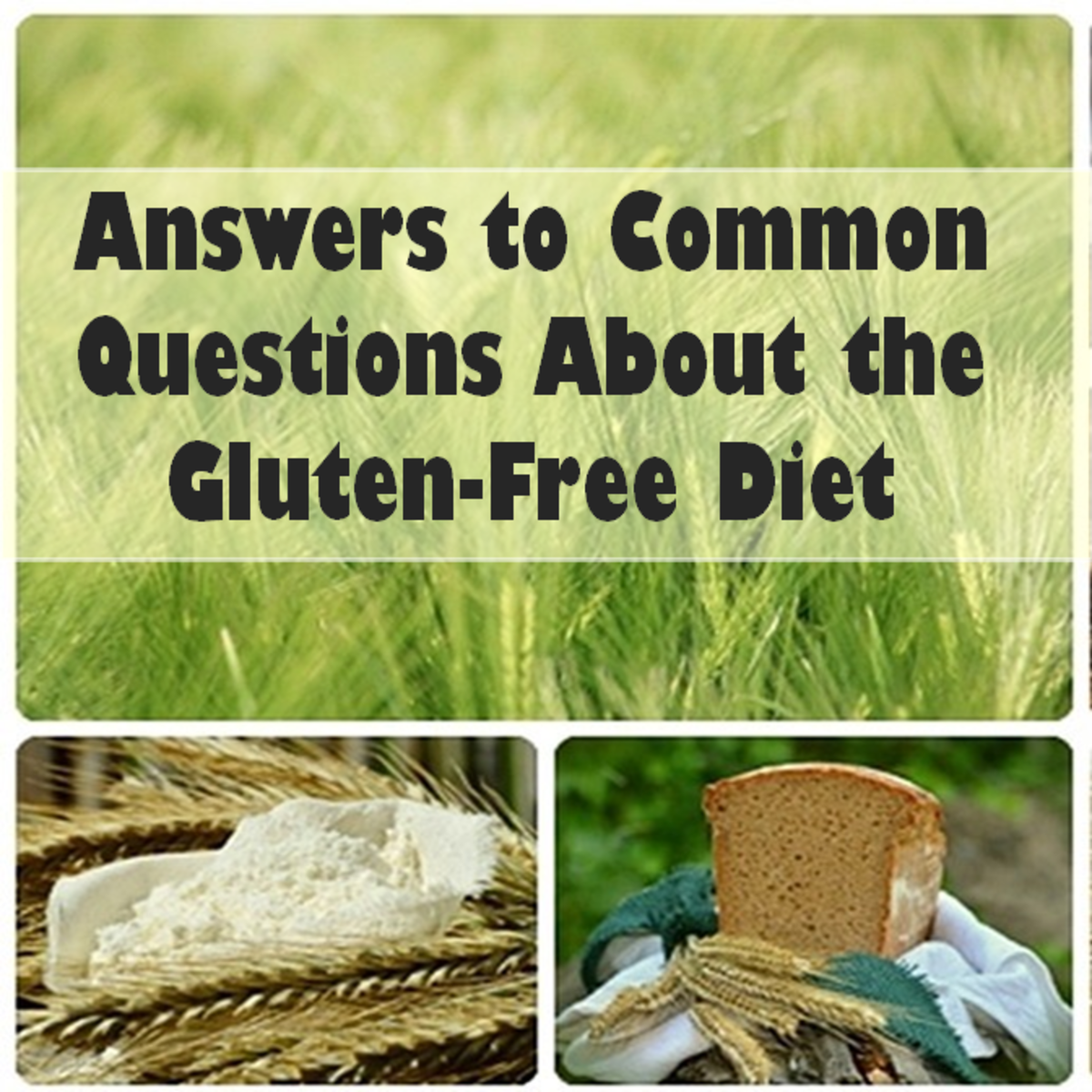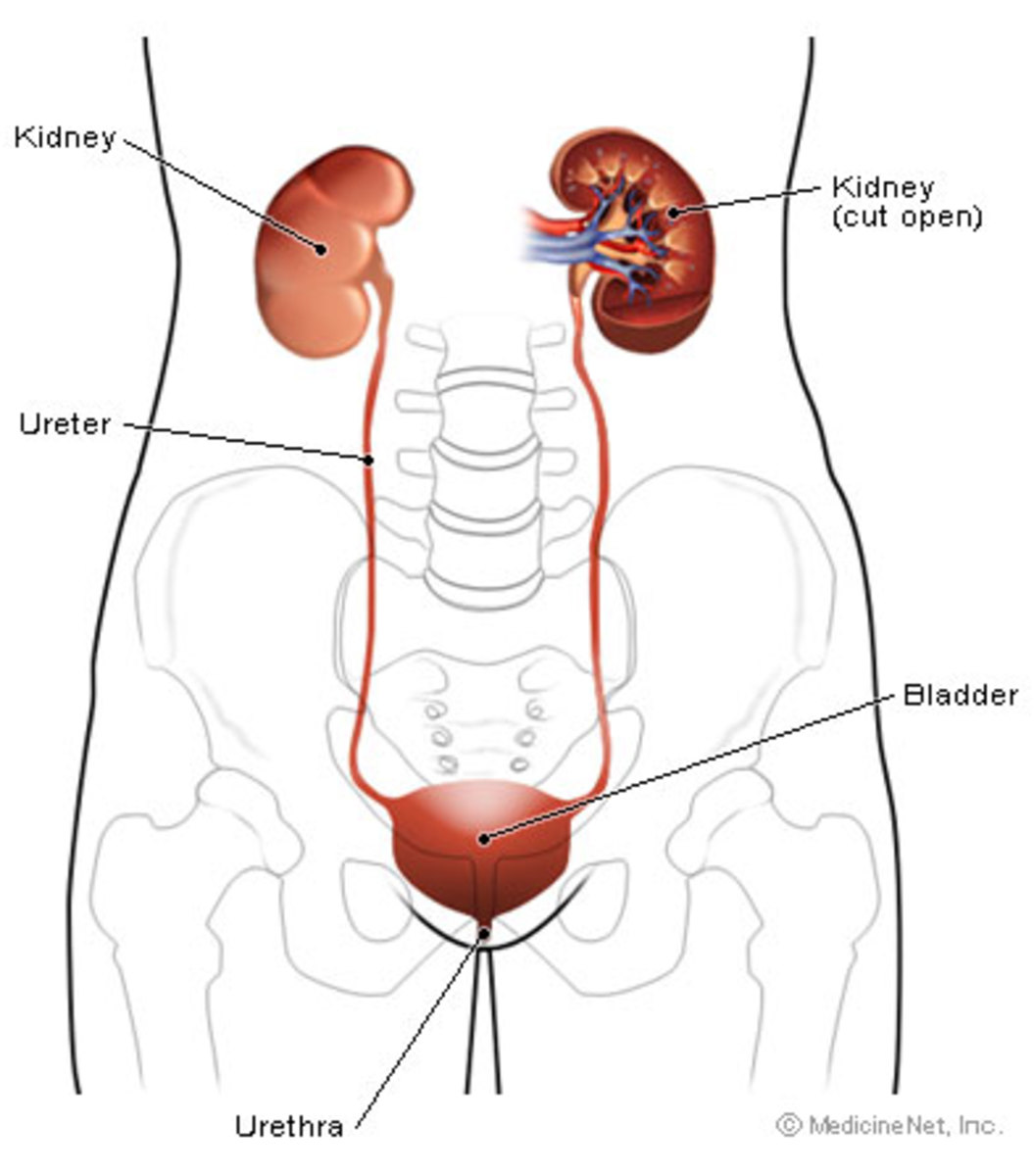Why Do Hospitals Serve Such Unhealthy Food?
How Bad is Hospital Food?
Anyone who is hospitalized nowadays is very sick. However, three times a day, they are served food with very questionable health benefits. These meals are typically loaded with sodium, sugar and various chemicals.
No concern is given to the fact that hospital food trays are loaded with GMOs. Apparently, no one is bothered by the mounting evidence that these engineered offerings are now being linked to cancer.
Soda is sometimes served as a beverage, along with coffee or tea that may come with artificial sweetener and fake powdered cream, which may contain artery clogging trans fats.
In between meals, "hospitality carts" are wheeled into patient rooms, loaded with bagels and sweet treats, either they or their visitors can purchase.
If patients leave their rooms, for a little exercise, they'll probably end up strolling past a vending machine filled with candy and soda.
Although the connection between good nutrition and good health is well established, ironically, one of the last places you can expect to eat well is in a hospital.
Of course, hospital fare has earned a reputation of being starchy and tasteless. But new concerns are being raised over the issue that not only is is unappetizing, but it also isn't conducive to recovery.
It appears as if this isn't going to change, as preparing more nutritional recipes from whole foods is more expensive than using packaged mixes.Most hospitals, nowadays, are closely watching the bottom line.
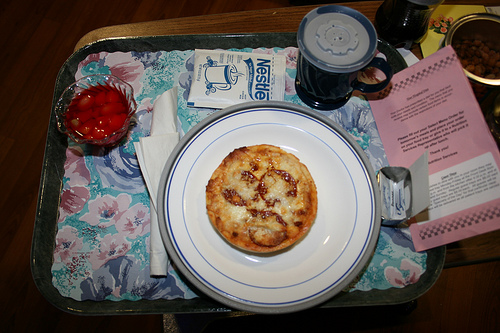
But Hospital Fare is a Bit Healthier in New York City
The critics of hospital food are numerous. They include New York City Former Mayor Michael Bloomberg. In the fall of 2012, while still in office, he enacted a measure called the Healthy Hospital Food Initiative to keep the junk out of both the city's public and private in-patient care facilities.
This controversial measure outlawed vending machine candies and deep fried foods in the cafeteria. These new restrictions apply primarily to visitors, who tend to order these meals. Patient meals had already been overhauled prior to this initiative.
In addition to a ban on deep fried and sugary foods, patients in New York City also consume low-fat milk, low-sodium meals and canned fruit in its own juice, rather than being fed chunks of fruit swimming in high-fructose corn syrup.
However, critics have dubbed these measures the "nanny state." However, city hospital administrators were on board with the effort to institute cleaner eating, according to published press reports. One official whose private institution willingly signed on was quoted as saying it would be "hypocritical," to serve food that could exacerbate someone's health problems.
A Ban on Junk Food in New York City Hospitals

Natural Strategies for Cancer Patients: A Book that Discusses Dietary Interventions in the Treatment of Cancer
Aspartame, Trans Fats, Sugar and Table Salt
The Standard American Diet (SAD) is particularly unhealthy. It's no secret that it contributes to a variety of the conditions people throughout the United States struggle with, such as cancer, hypertension and diabetes. Cancer rates throughout the developed world, which eats American-style food, have shot upward.
This diet, it's acronym is appropriately named SAD, contains a lot of trans fats. These increase the level of inflammation in the body. Some health practitioners believe inflammation is the root cause of all disease. Trans fats are processed oils that have an extended shelf life. But they differ chemically from oil in its natural state. Trans fats are found in snack foods as well as margarine. This condiment is commonly used, instead of butter, in hospital settings.
Many patients are hospitalized because of cancer. Sugar feeds malignancies, which is why patients who go for a diagnostic scan first drink a glucose-based solution. Because cancerous cells gobble sugar, the radioactive markers in the solution attach themselves to troublesome areas, making them more visible on film.
Aspartame is a sugar substitute that was nearly banned by the FDA, but, for some reason, was approved for use at levels greatly lower than what the average American now consumes. Naturopathic practitioner Dr. Joseph Mercola, DO, believes this sweetener is highly dangerous. It's been linked to a number of serious health conditions, and there's evidence it can even cause brain tumors. (At least it did in animal models.)
Hospital desserts served to diabetic patients will usually contain aspartame. A much healthier alternative to aspartame is stevia, an all-natural plant-based sweetener.
Table salt is unhealthy because it is chemically processed and no longer resembles the real salt our bodies need. It also doesn't contain all of the minerals found in natural salt.
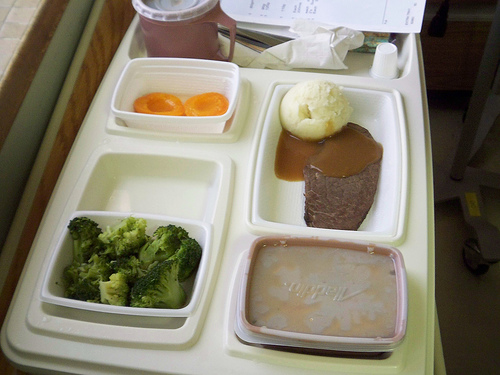
Treating Cancer with a Non-Toxic Approach
The Added Problem of Genetically Modified Food
Genetically modified food is used to make processed products, at least in the United States. Unfortunately, genetically modified corn has been shown to cause mammary cancer in laboratory animals. Although no similar human studies have been conducted, there has been an alarming spike in the number of diagnosed cases ofbreast cancer in the last two decades.
European researchers have also found a connection between GMOs and lymphoma. It's interesting to note that supermarkets in Europe do not stock genetically modified food, as EU laws require it to be labeled. European consumers clearly do not want to eat engineered ingredients.
Most corn, soy and canola (rapeseed) are grown from GM crops. These are also the low-cost staples of institutional food.
Food Additives and Their Known and Reported Problems
Aspartame
| Trans Fats
| MSG
|
|---|---|---|
Headaches
| Clogged arteries
| Headaches
|
Seizures
| Heart disease
| Depression
|
Muscle Spasms
| Inflammation
| Numbness
|
One Reason Why Hospital Food May be so Unhealthy
No Widespread Agreement on What Constitutes "Healthy" Food
One problem with mandating that hospitals serve better food is that there's no widespread agreement as to what constitutes a healthy diet.
Some people may believe it's a simple matter of eliminating fried foods and serving more salads. But these salads may come with low-fat dressings that contain trans fats or even aspartame.
Or, a hospital cafeteria may be ordered to serve only wheat bread. But, unless it's organic, or made without GMOs, this "healthier" choice may still be adding to the same problems that landed the patient in the hospital.
One hospital websites advertising "healthier" food has gotten rid of regular soda. But it's been replaced it with diet soda, sweetened with aspartame.
This same children's hospital also offers parents the option of bringing food from home, and then heating it in a microwave. However, this type of cooking will destroy nutrients and possible create foreign and toxic compounds.
Mainstream medicine tends to discount the role nutrition plays in the development of disease. However, alternative doctors immediately put seriously ill patients on an all-organic diet with no processed food.
Currently, there exists a huge gulf between this type of clean eating and what's now being served in American hospitals.
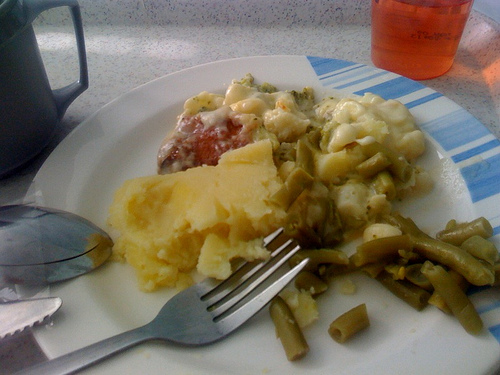
What to Do if a Loved One is Hospitalized With a Serious Illness
Most alternative practitioners believe there is a clear connection between diet and recovery from a serious illness. If a loved one is fighting cancer, every meal counts. That's because cancer is often a result of nutritional deficiency. If a loved one is battling cancer, the only way around the problem of unhealthy hospital food is to bring home-cooked organic meals from home.
(Just don't heat them in a microwave.)
Disclaimer
These statements have not been evaluated by the Food and Drug Administration (FDA). These products are not meant to diagnose‚ treat or cure any disease or medical condition.
Disclosure
I am a participant in the Amazon Services LLC Associates Program, an affiliate advertising program designed to provide a means for sites to earn advertising fees by advertising and linking to amazon.com.



